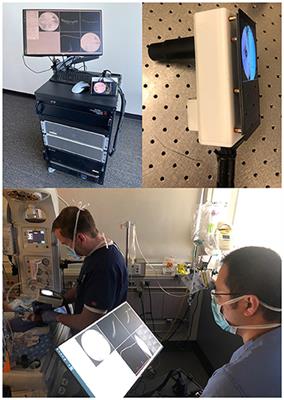ORIGINAL RESEARCH
Published on 07 Apr 2022
Characteristics of Eyes Developing Retinal Detachment After Anti-vascular Endothelial Growth Factor Therapy for Retinopathy of Prematurity

doi 10.3389/fped.2022.785292
- 1,498 views
- 4 citations
8,150
Total downloads
39k
Total views and downloads
You will be redirected to our submission process.
ORIGINAL RESEARCH
Published on 07 Apr 2022

REVIEW
Published on 01 Apr 2022

ORIGINAL RESEARCH
Published on 11 Mar 2022

ORIGINAL RESEARCH
Published on 11 Feb 2022

ORIGINAL RESEARCH
Published on 09 Feb 2022

ORIGINAL RESEARCH
Published on 28 Jan 2022

ORIGINAL RESEARCH
Published on 18 Jan 2022

ORIGINAL RESEARCH
Published on 16 Dec 2021

CASE REPORT
Published on 16 Dec 2021

MINI REVIEW
Published on 09 Dec 2021

ORIGINAL RESEARCH
Published on 03 Sep 2021

